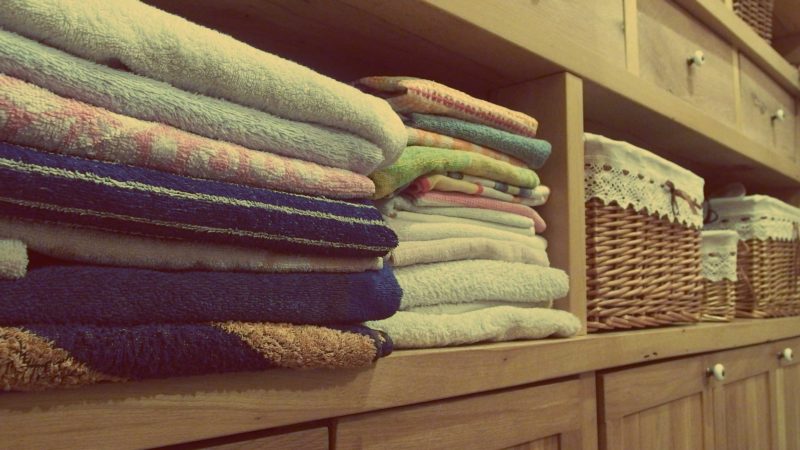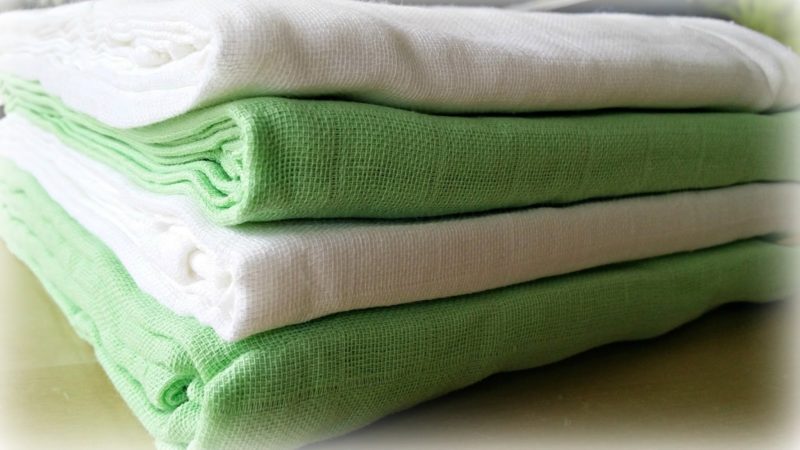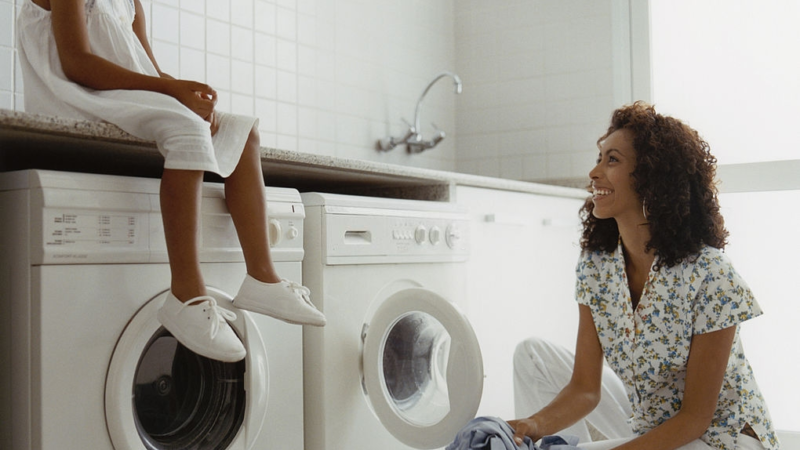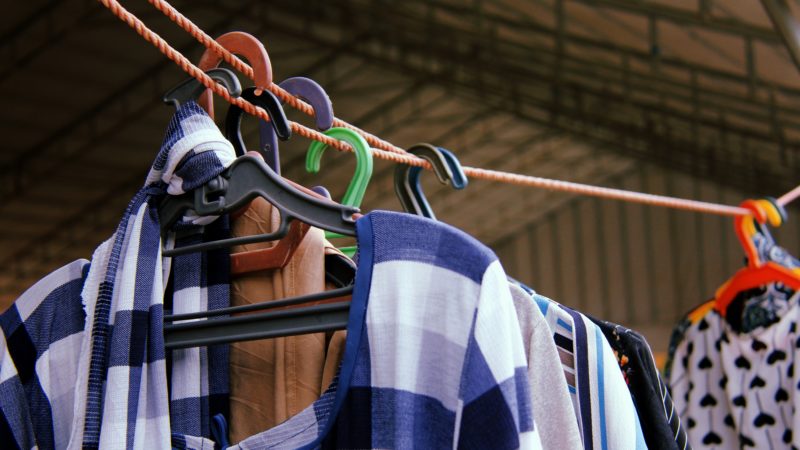Tips to Solve Hard Water Laundry Issues

Do you often find powdery residue on clean clothes? Do you find clothes and towels dingy to the skin? If yes, then har water is the issue. The type of water in your home develops a significant impact on your laundry.
You can find hard water everywhere. It is not limited to rural areas; in fact, municipal water can also be hard. Hard water is loaded with minerals like iron, calcium, manganese, and magnesium. These dissolved minerals lead to varied laundry issues. So the question is how to deal with hard water laundry issues. Here is an article that will help you to know about hard water laundry issues and how to handle them effectively.
What is Hard Water?
It is a proven fact that 85% of water found in the United States is hard water. It is defined as the type of water having high amounts of calcium, magnesium, iron, and manganese. When the concentration of calcium and magnesium increases, the hardness of water also increases.
What are Common Hard Water Laundry Problems?
Due to the higher concentration of calcium and magnesium in the water, they get attached to the fabric and make the cloth look dull and stiff. Excessively hard water can lead the fabric fibers to break and create holes as a result of high amounts of the mineral coating.
While using hard water for laundry, keep in mind not to use chlorine bleach. Always remember chlorine bleach and hard water is a bad combination and can lead to staining on clothes. Does it often lead to questions like how to handle rusty water? In such cases, you might need to use a rust stain remover to get adequate laundry outcomes.
Below mentioned are some of the common hard water laundry problems.
-
Clothes are not Getting Cleaning Properly
Most of the detergents do not work well in hard water. The minerals present in hard water affect the cleaning of the clothes, which in turn leads to dingy-looking clothes and they do not look completely clean.
-
Sheets and Towels Feel Scratchy
Hard water ruins the appearance of the clothes and also makes them feel hard against the skin. Mineral buildup leads the towels and sheets to feel stiff.
-
Skin Irritation
Washing clothes in hard water makes them feel scratchy and might also lead them to skin irritation if you have sensitive skin or skin issues like eczema.
-
More Amount of Detergent is Needed
When you use hard water, most of the detergent ends up being utilized in softening the water. It makes you use more detergent and hot water in order to get better laundry results.
-
Clothes Become Discolored
The minerals present in hard water also affect their appearance negatively. Because of the hard water, your favorite dress could get ruined before time. Hard water causes dark clothes to fade faster, which makes them look dull and discolored.
How to Select and Use Laundry Detergents in Hard Water?
When you use hard water, ingredients present in the laundry detergent combine with the minerals present in water instead of cleaning the clothes. It means one should use 30 percent more detergent and add it to water at high temperature in order to get adequate cleaning results.
Opt for Liquid Detergents – Using more detergent can damage clothes, so it is not a good idea. If you want to get adequate laundry results, opt for liquid detergents as they contain nonionic surfactants that are resistant to the hardness of the water. As a result of no ionic charge, the detergent will not precipitate out and will not cause scum on the fabrics.
Choose Heavy Duty Detergents- You can also opt for heavy-duty detergents in order to get satisfactory laundry results.
Use Homemade Detergents High in Borax – In order to solve the hard water laundry problems, you can also choose homemade laundry detergents. While making homemade laundry detergents for hard water, increase the amount of borax in order to get better cleaning results.
How to Make Laundry Water Softer?
Below mentioned are some options to make hard laundry water softer.
Water Conditioners – If you do not want to use heavy-duty detergent, then the other thing that you can do to get better laundry results is to make the laundry water softer. In order to make water soft, add non-precipitating ion exchange water conditioners. You can purchase water softeners from nearby grocery stores, or you can also buy them online.
Borax – It is an effective way to deal with the issue of hard water. All you need to do is add a half cup of borax to the water. It will slightly increase the pH level of the water and will make it neutral. Hard water is alkaline, and adding borax makes it neutral.
Vinegar – Another way to soften the hard water is by adding vinegar to it. Add one cup of vinegar to one-gallon water. The acid present in the vinegar helps in neutralizing the hard water, which in turn softens the water.
How to Fix Hard Water Laundry Stains on Clothes?
Having hard water laundry stains on the clothes is an issue of concern as it spoils the look of the clothes. Fixing the hard water laundry stains can be a tough task. But you need to worry. We are here with an effective solution. In order to remove the stains, fill the washer with hot water that is suitable for fabrics. Add detergent four times more than usual and add a cup of water conditioner to it. Let it soak for approximately 12 hours and then drain and spin it without stirring. Finally, launder the garments by adding one cup of conditioner and remember not to add any more detergent to it. If you still find stains on the clothes, repeat it adding one cup of conditioner, but do not add detergent until you find suds during the rinses.
Hard water can be troublesome for your clothes, but don’t let it spoil your wardrobe. Use hot water and borax to keep your clothes nice and soft looking.







